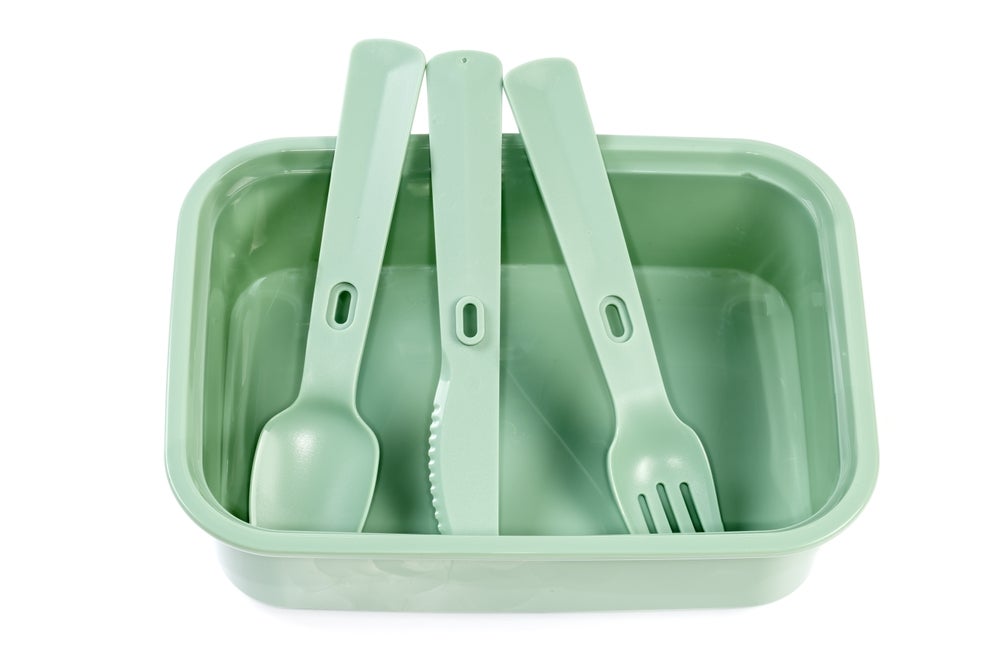
Uber Eats has introduced an innovative pilot programme in New York City to address excessive plastic waste from food delivery.
The programme, developed in collaboration with DeliverZero, offers customers the option to receive their orders in reusable containers that can be returned to the restaurant for a minimal fee of just $1.
Seeking a sustainable solution for food delivery packaging
In response to growing concerns about the environmental impact of single-use plastic containers, Uber Eats has taken a significant step towards sustainability by partnering with DeliverZero.
The pilot programme allows customers to choose the reusable packaging option for an additional $1 fee, presenting an opportunity to reduce plastic waste and promote an eco-friendlier approach to food delivery.
Under this initiative, customers placing their orders through Uber Eats can select the reusable container option during the checkout process.
By opting for this environmentally conscious alternative, they contribute to minimising the number of single-use plastics that often end up in recycling bins or landfills.
Once the order is confirmed, DeliverZero, in collaboration with Uber Eats, will send a text message to the customer providing instructions on how to return the containers.
Customers can conveniently choose to return the containers to a participating store or schedule a free-of-charge pickup. This process ensures that the containers are efficiently collected and returned to the restaurants for cleaning and reuse, contributing to a circular economy model.
Importantly, this programme aims to make the transition to reusable containers seamless for Uber Eats drivers.
Promoting sustainable practices in food delivery
Drivers will continue their delivery operations as usual without any significant changes in their workflow. By streamlining the process, Uber Eats and DeliverZero aim to encourage the adoption of sustainable practices throughout the food delivery industry.
The partnership between Uber Eats and DeliverZero represents a significant step towards reducing plastic waste generated by food delivery services.
This pilot programme offers customers an affordable and convenient way to contribute to a greener future and highlights the potential for widespread adoption of reusable packaging initiatives in the industry.
As the programme progresses and receives feedback from participants, its success could pave the way for similar sustainable practices to be implemented across other cities and platforms, ultimately fostering a more sustainable and environmentally conscious food delivery ecosystem.




